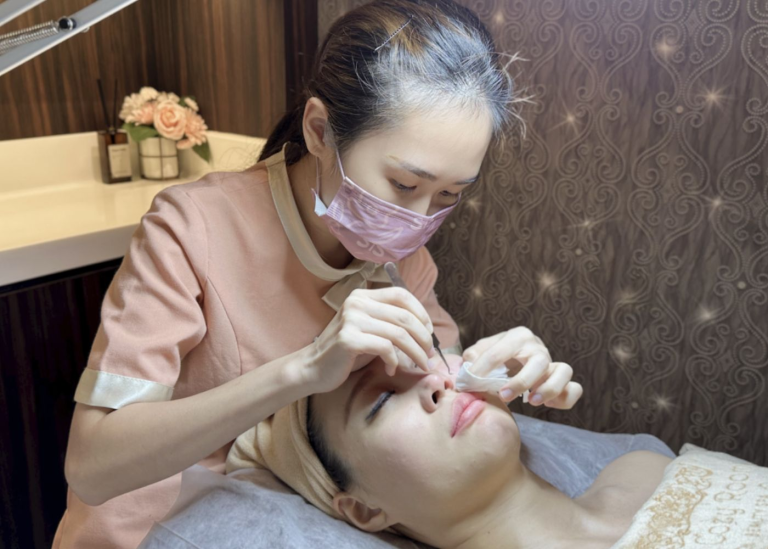Let’s face the facts: oily skin isn’t something that you can cure. The body naturally produces oil in order to keep skin soft and supple, which means that doing anything to inhibit oil production completely probably isn’t the best idea.
Having oily skin is mainly determined by genetics, though certain factors such as the environment, hormones, or the amount of stress you might be under can greatly exacerbate the situation. If you’re frustrated with constantly looking like a well-greased frying pan or dealing with breakouts on the daily, there are several ways of controlling oil, including the following:

- Make cleansing a habit.
Cleansing is just a good idea in general. Making sure that your skin is clean and free of impurities can at least lessen the risk of forming pimples or breakouts that can sometimes be caused by the buildup of sebum, dirt, and residue.
Men and women can both benefit from cleansing the face regularly. For men, we recommend Laneige’s HommeOil Control Cleanser. It’s formulated with jojoba oil that protects and hydrates the skin after every wash, and menthol that gives an incredibly refreshing feeling. Women who wear heavy makeup may want to look into oil cleansers. These act as powerful solvents that melt the makeup right off without stripping the skin of its natural moisture.
If you’re apprehensive about using more oil to combat oil, keep a lookout for cleansers that have the “oil-free” label and products that contain salicylic acid. The latter is a gentle exfoliant that takes care of the buildup that causes pimples and acne breakouts.
- Pack on the moisture.
Getting your recommended daily water intake can do wonders for your skin. Aside from nourishing from within, it’s definitely a good idea to double up and do it from the outside, too. Your skin’s natural moisture barrier is responsible for protecting it against harsh external irritants like bacteria and harmful UV rays from the sun. Maintain this moisture barrier throughout the day by using a light moisturizer that doesn’t clog the pores. Also, skip the heavy stuff like shea butter and coconut oil and keep an eye out for ingredients like hyaluronic acid instead, which attracts moisture molecules from the environment to keep your skin hydrated.
- Say hello to your new schedule.
Cleanse your face at least twice a day, once in the morning and again in the evening for best results. Take it a step further by using a toner at least once a week, but be sure to monitor the ingredient list of the products you choose. You don’t want a toner that contains drying ingredients such as harsh alcohols or peppermint, which can trigger acne breakouts.
In addition to cleansing regularly, make it a habit to moisturize, too. Just apply moisturizer after every wash and you’re golden. Exfoliating at least once a week is also a good idea. Sloughing off the dead skin cells and whatever other residue sitting on the surface of your skin can go a long way towards preventing breakouts. If you really want to go the extra mile, apply a facial mask after you exfoliate to really purify those pores and soak up excess oil and sebum. The effect of putting on a mask should last for days.
Arming yourself with a basic skincare routine can be a great first step towards controlling your oily skin, but it’s always best to consult your dermatologist beforehand. In addition to giving you expert advice about your condition, your doctor may also help you address any specific skin concerns you may have and put together a skincare regimen that suits your needs. Oily skin may be inescapable, but with these tips, it can be easier to live with.

















